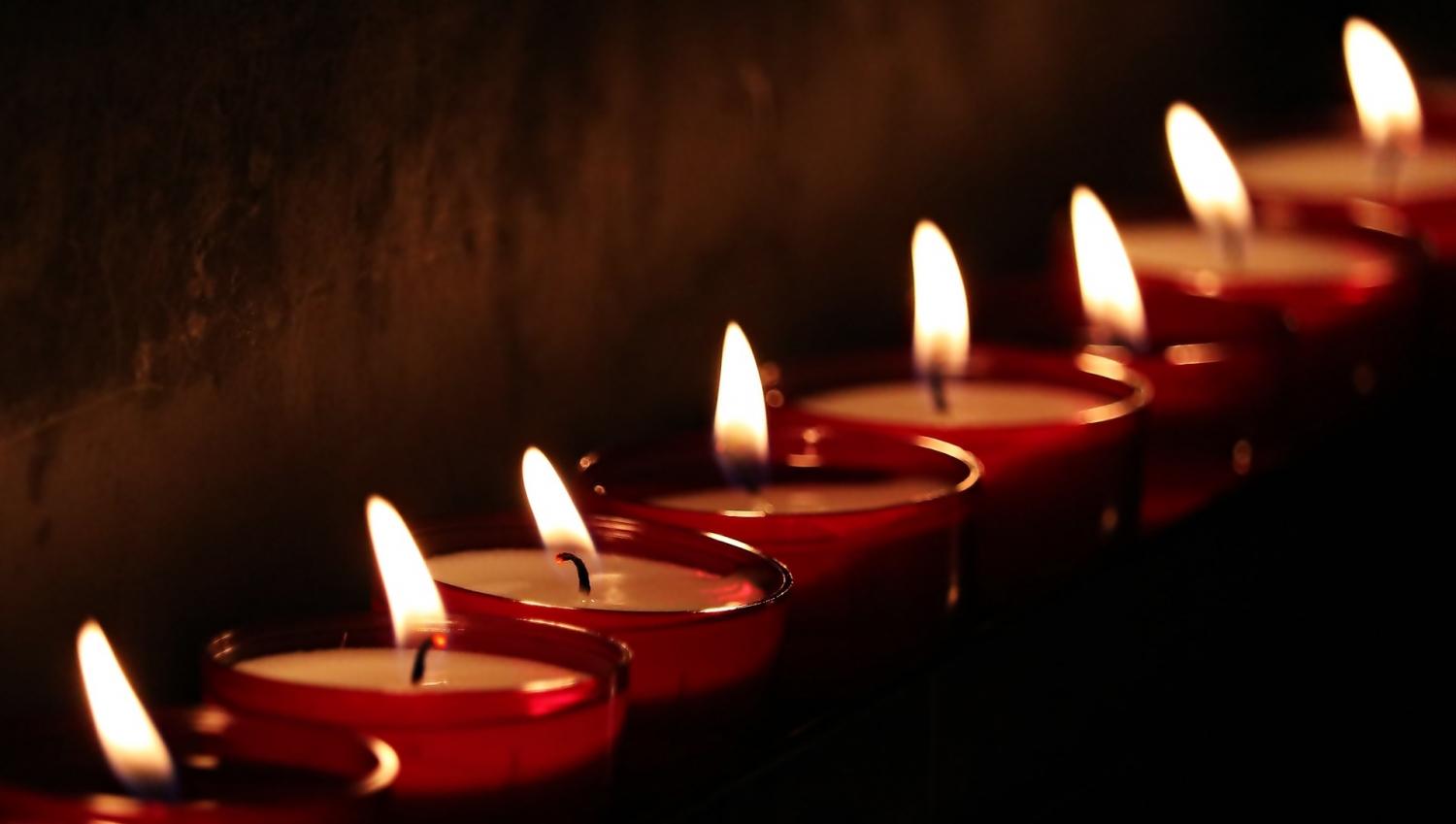
???????On Faith, Mystery and Nothingness
By Larry McCloskey
“There’s only one story: the story of your life.” N. Frye
My father had it, though I know at times he doubted. My aunt–a devout nun of 65
years–had it more than my father. Still, both my father and my aunt deferred to my mother as the true believer and holder of ‘the faith’.
I’ve always admired and wondered about people who have the faith, because I’ve never had it. And for all my life–even in today’s Godless world–I’ve felt guilty because I am not thunderstruck by the presence of God.
But it is not for lack of trying. As a child I pondered the vastness, mystery and contradictions of God and the universe–what existed before the universe, what’s on the other side of it, can God make a rock so large that he can’t lift it? As an adult pondering morphed into agonizing–as adults tend to do–because I could not reconcile the world as it is with my image of what faith tells us it is meant to be. The best I could do was will myself into numbness, and to not think about the presence or absence of God for long periods of time.
Of course wilful denial only works as long as nothing goes wrong in our lives, the lives of people we care for, and as we get older, the lives of many people we don’t even know.
On the afternoon of the
Some years ago on a flight to Victoria I absentmindedly opened a glossy magazine featuring many pictures but likely no substance. I was troubled because my mother who had been battling Parkinson’s disease for over ten years was dying. An article unlike any other I had ever read stared me in the face. It had been written by
The article was a revelation and a confession on the occasion of Frye coming to grips with the death of his beloved wife of many years. He began by mentioning a little known fact that in 1936, before his academic life, he was ordained a
Yet after his wife died, Frye was lost and he could not sustain an academic distance from his own life. Though he had a masterpiece on the bible to his credit, on the question of God he was now required to go deeper. So he put his giant intellectual motor to work and this is what he came up with.
Most of all, he could not accept, could not believe that his wife of a lifetime–what she had meant to him, the essence of her–could be reduced to simply a collection of cells that had once lived and were no more. And since this belief was his strongest impulse, it followed that he must believe, beyond a physical manifestation, that she continued to live. And if this latter belief was really stronger than his former academic belief, which was no belief at all, he reasoned that this was faith, perhaps not in the accepted pure sense of the word, but what he called a negative faith— by default–but faith nonetheless.
It was an epiphany moment. I have always believed that the nothingness and meaningless of the physical world is harder to believe than the world of faith, the world into which I always felt shut out. And if Northrop Frye should come to reconcile himself at the end of a life with the concept of negative faith having merit, that is good enough for me.
After a lifetime of guilt for what I have not been able to believe, Northrop’s revelation was a welcomed relief. Negative faith may not be fulfilling because it means never really knowing what we long to know. And given our obsession with knowing everything, depending on faith can be downright frustrating. Still, we are told that God and the world beyond physical knowledge, is one of mystery, which by definition is not to be known. So, perhaps not knowing, and how we conduct ourselves in the absence of knowing may be the point of it all. In which case, frustrating as it may be, I’ll take negative faith with an open mind over the fraudulence of an atheist’s claim to knowing what can never be known.
I don’t know much, but what I do know is this. Faith will not, for most of us, strike like a lightening bolt. Faith will not end doubt. Faith, negative as it may feel at times, is not an end, is not even a means to an end. Faith is likely just the beginning of a spiritual dialogue that prevents us from cocooning into the complacency and relativity of modern life–which surely is to live death in advance of the fact.
“Were art to redeem man, it could do so only by saving him from the seriousness of life and restoring him to an unexpected boyishness.” N. Frye
This article is a precursor to Larry McCloskey's Lament for Spilt Porter to be published by Castle Quay Books in spring 2018.








